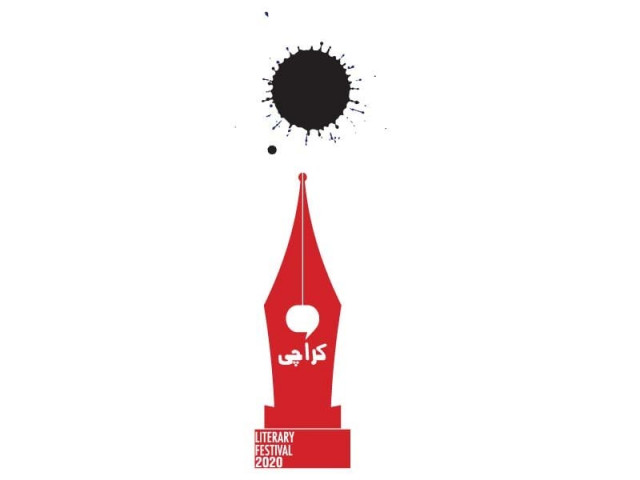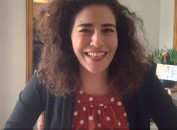'Public-private tie-up can save Sindh’s economy'
Ishrat Husain calls for investing in female education to boost aggregate income

These views were shared by Adviser to Prime Minister on Institutional Reforms and Austerity Ishrat Husain while speaking at a session titled “Sindh’s Economy: The Untapped Potential” at the 11th Karachi Literature Festival on Saturday.
“One of the reasons why Sindh, despite having one of the highest per capita incomes, has been slipping for almost 20-25 years is that neither the urban economy - which is supposed to lead the provincial aggregate economy - nor the rural economy has kept pace with expectations of the people of the province or as part of Pakistan’s economy,” he stated.
Husain, who is also a former State Bank of Pakistan governor, remarked that Sindh has not taken advantage of the coastal belt, which is quite large. “We could be one of the largest exporters of marine products because these are in demand particularly in Japan and other East Asian countries.”
Furthermore, he told the audience that livestock in rural areas has a huge potential. “As the urban taste increases, the demand for meat and poultry keeps on increasing and that can increase the income in rural areas while meeting the demand in urban areas.”
Moreover, the rural-urban female ratio shows that female literacy and female participation in rural Sindh is very low. “We have to invest in our female education because that will boost the aggregate income,” Husain said.
“These are the three areas which have remained untapped in Sindh, but to me these are what I call the growth-enhancing and income distribution areas that remove disparities, which we should pursue.”
Speaking on the occasion, National Resources Limited head Shamsuddin Shaikh remarked that it is time to employ the daughters of the soil as much as the sons of the soil.
Agreeing with Husain, he also emphasised the importance of public-private partnership. “If we are to improve Sindh and its projects, the basic requirement is public-private partnership,” said Shaikh, whose company is engaged in exploring copper and gold resources in Balochistan. Talking about incompetency of the Sindh government, he stressed that the government cannot carry forward projects on its own because of inefficiency, adding that an efficient private sector can stop the government from all corruption.
Husain, while agreeing with Shaikh, said, “If we expect the government to work alone, it is not possible because it has its flaws and weaknesses plus the capacity problem; moreover, if we think that the private sector can do wonders alone, it is also wrong because the private sector can never replace the government sector.”
He emphasised “we must have an all-hands-on-deck approach because when all the sectors work together, the country prospers, but if we focus more on criticising others or get involved in the blame game, we will remain stagnant.”
With the public-private partnership, the private sector can compensate for weaknesses of the public sector as the private sector is efficient and in the meantime exploitation by the private sector can be controlled by the public sector, Husain said.
The adviser pointed out that the confrontational attitude in Sindh should be changed to a collaborative and cooperative approach in order to move forward.
First Women Bank President and CEO Tahira Raza also spoke in the session.
Published in The Express Tribune, March 1st, 2020.
Like Business on Facebook, follow @TribuneBiz on Twitter to stay informed and join in the conversation.



















COMMENTS
Comments are moderated and generally will be posted if they are on-topic and not abusive.
For more information, please see our Comments FAQ